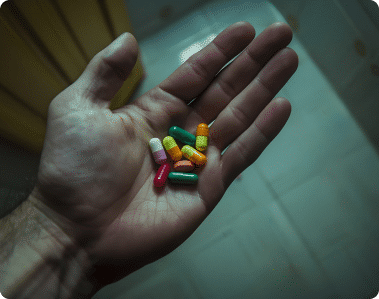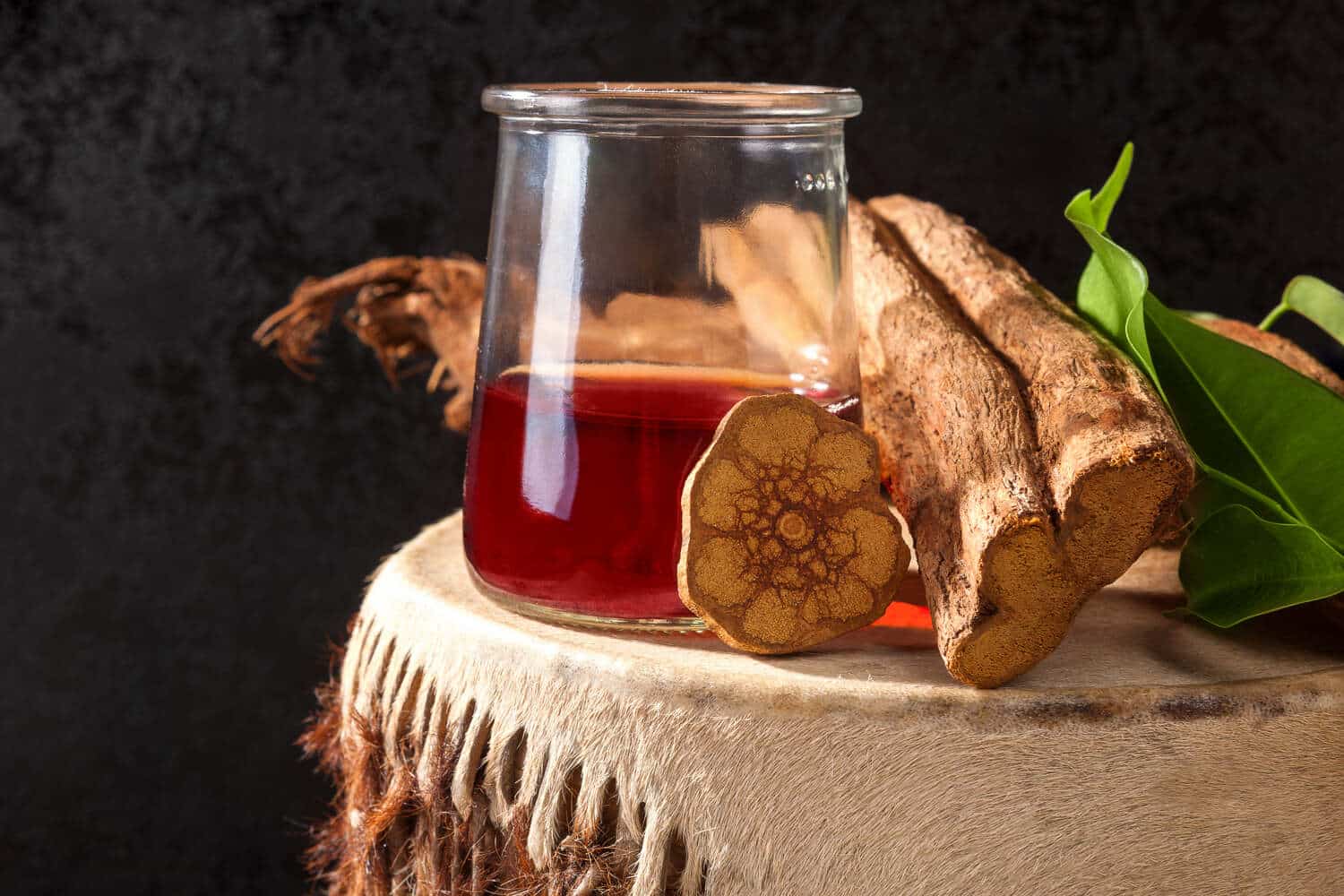Anhedonia is more than just a unique psychological term; it is a condition that can quietly rob people of joy. Imagine losing interest in the things that once made you feel alive. Whether it’s spending time with your loved ones, enjoying a good meal, or simply appreciating life’s little pleasures, anhedonia can act as a shadow. While therapy and medication help many people, these traditional methods don’t always work for everyone.
Ibogaine is a naturally derived psychoactive compound. Known for its unique ability to influence brain function, ibogaine has been gaining attention as an alternative treatment for various mental health issues, including anhedonia. Let’s take a closer look at what anhedonia is, how ibogaine might help, its potential benefits, and what you should know about the risks.
What is Anhedonia?
Anhedonia is often described as the inability to experience pleasure. People with anhedonia can feel disconnected, emotionally flat, or numb. Even activities they used to love, like socializing or listening to music, may feel empty or meaningless.
This condition does not just exist in isolation; it’s often tied to other mental health struggles like depression, anxiety, or PTSD. Chronic stress, substance abuse, and even some neurological disorders can also play a role.
There are two main types of anhedonia:
- Social Anhedonia: This involves withdrawing from social interactions and finding little to no enjoyment in relationships.
- Physical Anhedonia: This affects the ability to enjoy physical sensations, such as eating, exercising, or engaging in hobbies.
Anhedonia is not just about feeling less happy. It’s about a complete disconnect from life’s pleasures. For many people, it can make everyday living feel like an uphill battle.
What is Ibogaine Treatment for Anhedonia?
Ibogaine is taken from the root bark of the Tabernanthe iboga plant, which is native to West Africa. Historically, it’s been used in spiritual ceremonies and healing rituals, but modern science has started investigating its medical applications, especially in treating mental health challenges and addiction.
For people with anhedonia, ibogaine may offer a unique solution. It’s believed to work by resetting the brain’s reward system, which is responsible for feelings of pleasure and motivation. When these pathways are disrupted, it becomes much harder to experience joy.
Ibogaine appears to stimulate neuroplasticity, or the brain’s ability to rewire itself. Promoting healthier neural connections might help restore the brain’s natural balance, potentially alleviating the emotional numbness that comes with anhedonia. It may increase dopamine and serotonin production in the brain.
Unlike traditional treatments, which can take weeks or even months to show any results, many people report noticeable effects within days of undergoing ibogaine therapy. Many people with anhedonia find that their depression is more resistant to traditional treatments, such as SSRIs. Ibogaine may provide a new way forward.
Possible Benefits of Ibogaine Therapy for Anhedonia
Here are some potential benefits of Ibogaine therapy for anhedonia:
Reduces Symptoms
One of the most transformative effects of ibogaine is its ability to reignite the brain’s natural pleasure pathways. For individuals living with anhedonia, life often feels muted, as if joy has been drained from everyday experiences. Ibogaine therapy has shown the potential to restore this missing sense of connection and enjoyment. Many individuals who have undergone treatment describe a newfound ability to take pleasure in the small things, whether it’s savoring a delicious meal, enjoying a peaceful walk in nature, or reconnecting with the people who matter most. It’s not just about experiencing happiness but rediscovering the ability to engage fully with life and reduce symptoms of anhedonia.
Psychological Healing
Unlike some treatments that only address surface symptoms, ibogaine delves deeper, often guiding people toward the root causes of their emotional struggles. This substance is known for inducing vivid, introspective experiences that help individuals confront past trauma, unresolved emotions, or long-standing negative patterns of thought. During these experiences, many report gaining profound insights into their lives and behavior, enabling them to process pain and make peace with their emotions. This healing is not simply about alleviating symptoms; it’s about achieving a greater sense of emotional clarity and balance.
Long-Term Recovery Support
One of the most compelling aspects of ibogaine therapy is its potential for long-term recovery. While many treatments provide temporary relief, ibogaine may have the ability to stimulate neuroplasticity. By creating healthier neural connections, the brain can begin to function more effectively, reducing symptoms of anhedonia over the long term. Individuals often report not only immediate improvements but also a lasting sense of emotional resilience and stability, making it easier to have a positive perspective and outlook on life.
Mental Well-Being
Living with anhedonia can feel like being stuck in a mental loop of hopelessness and negativity. These patterns can be hard to break, even with traditional therapies. Ibogaine works by interrupting these cycles, effectively “resetting” the mind and allowing new, healthier ways of thinking to emerge. By disrupting these deeply ingrained negative loops, individuals often find it easier to adopt a more constructive and optimistic mindset. This shift can be life-changing, enabling people to approach challenges with newfound hope and determination.
Interrupts Negative Thought Patterns
A common theme among those who undergo ibogaine therapy is the sense of mental clarity they experience, a “reset” that allows them to see life from a fresh perspective. For many, this newfound clarity translates into a deeper sense of purpose and connection to the world around them. Activities and relationships that once felt dull or meaningless begin to take on significance again. This renewed purpose can inspire individuals to pursue their goals, rekindle their passions, and engage with their communities in meaningful ways. It’s not just about feeling better at the moment; it’s also about rediscovering the drive to build a fulfilling and joyful life.
Possible Side Effects of Ibogaine for Anhedonia
While ibogaine holds promise, it’s not a miracle cure. There are risks, and the experience can be intense. Here are some of the risks and side effects patients need to be aware of.
Psychological Effects
Ibogaine’s psychoactive nature can bring up deep, sometimes uncomfortable emotions. While this often leads to breakthroughs, the process can be overwhelming without proper support. It’s important to take ibogaine in a facility that provides medical supervision and expert therapy.
Nausea and Heart Risks
During treatment, nausea, vomiting, and dizziness are common. More concerning, however, are the potential cardiac risks. Ibogaine can affect heart rhythm, making medical supervision essential. Ibogaine should only be taken under the supervision of medical professionals after undergoing extensive tests to ensure that the risks are low.
Traditional Treatment Methods for Anhedonia
Most traditional treatments for anhedonia focus on managing symptoms with:
- Therapy: Cognitive Behavioral Therapy (CBT) can help people identify and challenge negative thought patterns.
- Medication: Antidepressants like SSRIs aim to regulate neurotransmitter levels but often take weeks to work and may not be effective for everyone
- Lifestyle Adjustments: Exercise, mindfulness, and dietary changes can improve overall mood but require consistent effort.
- Social Support: Strong connections with family or therapy groups can help combat isolation.
These methods can be effective, but they don’t always address the root cause of anhedonia. Ibogaine, by contrast, targets the brain’s reward system directly, potentially offering faster and more comprehensive relief.
Current Research and Studies on Ibogaine for Anhedonia
Although research into ibogaine’s effects on anhedonia is still in its infancy, early studies and anecdotal reports are promising. Scientists have found that ibogaine enhances neuroplasticity, allowing the brain to rebuild and restore pleasure pathways.
Patients and practitioners have also observed significant improvements in mood, motivation, and emotional resilience following treatment. While large-scale clinical trials are needed, the potential is hard to ignore.
Is Ibogaine a Good Option for Treating Anhedonia?
Ibogaine offers a fresh perspective on treating anhedonia. Its ability to reset the brain’s reward system, combined with the opportunity for deep emotional healing, makes it a compelling option for those who have not found success with traditional treatments. That said, undergoing ibogaine treatment is not a decision to take lightly. Its risks mean that treatment should only be considered under medical supervision, with thorough preparation and aftercare. Consulting with qualified professionals is the first step in determining whether ibogaine is a good fit for your needs. If you want to learn more about ibogaine treatment options, contact Experience Ibogaine today.
For anyone struggling to find joy or meaning in life, ibogaine may represent a path toward rediscovery. While more research is needed, its potential to offer lasting change offers hope for those navigating the challenges of anhedonia.



